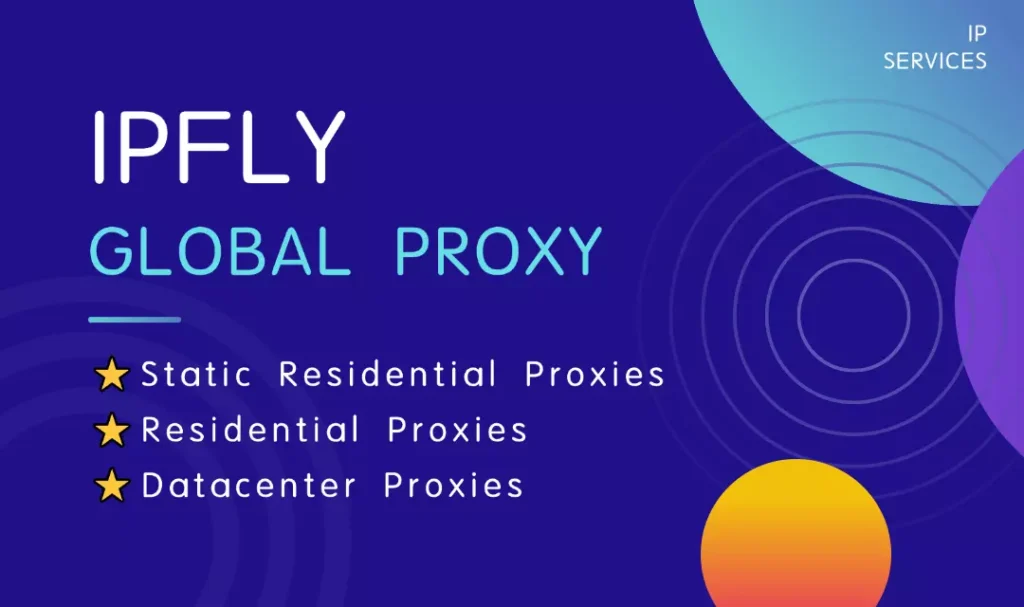Let’s be honest — in 2025, privacy is more valuable than ever. Whether you’re dodging relentless ads, unlocking regionally restricted content, or simply craving some anonymity online, chances are you’ve come across web proxies. Maybe you’ve even used one.
But here’s the question that keeps popping up: Are proxies actually legal?
Before you fall down a Reddit rabbit hole or get buried in conflicting tech forums, let’s clear this up properly.
In this post, we’ll break down everything you need to know about proxies and their legal status worldwide — from what a proxy is to when it’s perfectly acceptable to use one, and when it crosses a legal line. Plus, we’ll highlight the risks of proxy use in countries with stricter digital laws.
Whether you’re a casual browser, a remote worker, or someone taking their online privacy seriously, this blog will guide you through the facts, minus the fluff.

What Is a Web Proxy, Really?
Picture sending a package through a third party who forwards it on your behalf, keeping your address hidden. That’s essentially what a web proxy does — but for your internet traffic.
A proxy acts as an intermediary between your device and the websites you visit. When you access the internet through a proxy, it processes your web requests first, forwards them to the intended destination, and then relays the response back to you. The advantage? Your real IP address stays private while websites only see the proxy’s IP.
It’s a straightforward, effective tool for bypassing restrictions, comparing prices globally, accessing localized content, or conducting market research. And with IPFLY’s specialized proxy solutions — including Dynamic Residential Proxies, Static Residential Proxies, and Dedicated Datacenter Proxies — you can do it reliably and securely.
But, like any tool, proxies come with responsibility. Misusing them can lead to legal consequences, especially if your actions break local laws or the platform’s terms of service.
Is Using a Proxy Illegal?
The short answer: no, but it depends on what you do with it.
Using a proxy server is legal in most countries. In fact, countless businesses, developers, and individual users rely on proxies every day for legitimate purposes like SEO monitoring, market analysis, and online privacy.
For example:
- Businesses use proxies to test website functionality across different regions.
- Individuals use proxies to safeguard personal data while using public Wi-Fi or to bypass local censorship while traveling.
Where things get complicated is when proxies are used to break laws or terms of service, like hacking, unauthorized data scraping, or bypassing licensing restrictions on streaming content.
Legal Proxy Use:
✅ Accessing geo-restricted websites
✅ Enhancing online privacy
✅ Running market research or SEO monitoring
✅ Managing business operations securely
Illegal or Unethical Proxy Use:
❌ Hacking into accounts
❌ Evading platform bans to harass or deceive
❌ Downloading pirated content
❌ Participating in fraudulent online activity
In short, it’s not the proxy that’s illegal — it’s what you do with it that matters.
Legal Risks of Proxy Usage
While proxies can offer anonymity and secure browsing, they can also expose you to legal risks if misused. Some of the most common risks include:
Violating Terms of Service: Many streaming sites, gaming servers, and e-commerce platforms forbid proxy usage. Bypassing these rules can lead to account suspensions or even legal action.
Bypassing Content Restrictions: While it may seem harmless to access geo-blocked content, it can breach licensing agreements or local copyright laws.
Accessing Blocked Content in Restricted Countries: In nations with heavy internet controls, using proxies to bypass government-imposed blocks could be illegal.
Automation Abuse: Using proxies for sneaker bots, ticket scalping, or spam can violate laws and disrupt online services, leading to legal penalties.
Fraud or Identity Theft: Using proxies to conceal identity for phishing, fraud, or identity theft is a crime virtually everywhere.
Moral of the story: Always check your local laws before routing your traffic through a proxy.
Proxy Legality by Country (2025 Snapshot)
Rules about proxies vary drastically worldwide. Here’s a quick overview:
USA & Canada
✅ Proxies are legal when used responsibly. Misusing them for fraud or to violate site policies, however, can lead to legal issues.
UK & European Union
✅ Generally legal for personal and business use. Must comply with data protection laws like GDPR.
China
⚠️ Strictly regulated. Unauthorized proxy and VPN use is often punishable by fines or blocks.
India
✅ Widely used and legal for privacy or accessing content. Illegal activity via proxies remains punishable.
Japan
✅ Legal and common in both consumer and business sectors.
UAE & Saudi Arabia
❌ Proxies are closely monitored. Unauthorized use to access banned services may result in penalties.
Russia & CIS
⚠️ Proxy regulations vary. Some countries follow Russia’s restrictive policies; others are more lenient.
Africa & South America
✅ Generally less regulated. Proxies are commonly used to overcome poor connectivity or regional restrictions.
When Proxy Use Becomes Illegal
A proxy itself isn’t the issue — it’s how it’s used. Here’s when proxy usage crosses a legal line:
1.Using a proxy for fraud or identity theft
2.Streaming pirated or copyright-infringing content
3.Launching DDoS attacks or hacking attempts
4. Scalping tickets or running unauthorized bots
A good rule of thumb: If the action is illegal without a proxy, it’s still illegal with one.
How to Use Proxies Safely and Legally
At IPFLY, we believe proxies should empower users, not land them in legal trouble. Follow these best practices to stay on the right side of the law:
✅ Respect theplatform‘s Terms of Service ✅ Avoid illegal websites and activities ✅ Use proxies for legitimate goals — like privacy, research, or security
✅ Check your local proxy regulations ✅ Stick with trusted providers like IPFLY ✅ Choose the right proxy type for your use case ✅ Avoid botting or abuse automation without proper authorization
Why Choose IPFLY for Legal, Reliable Proxy Services?

When privacy, security, and compliance matter, trust IPFLY. We offer:
1.Dynamic Residential Proxies — real, rotating residential IPs for safe, location-based browsing
2. Static Residential Proxies — reliable, consistent IPs for account management and long-term sessions
3. Dedicated Datacenter Proxies — high-speed, exclusive IPs for bulk tasks like scraping and SEO tracking
Our proxies come with unlimited bandwidth, advanced geo-targeting, and a 99.9% uptime guarantee, making them perfect for businesses and privacy-conscious individuals alike.
Final Thoughts
So, are proxies legal? Yes — in most of the world. But the legality depends on how you use them. Proxies are powerful tools for online privacy, market research, and content access when used responsibly.
The bottom line: Be smart, stay informed, follow your local laws, and always choose a reputable provider like IPFLY. Done right, proxies can enhance your digital life — no legal drama necessary.

Ready to secure your online privacy?Explore IPFLY’s proxy solutions here.


